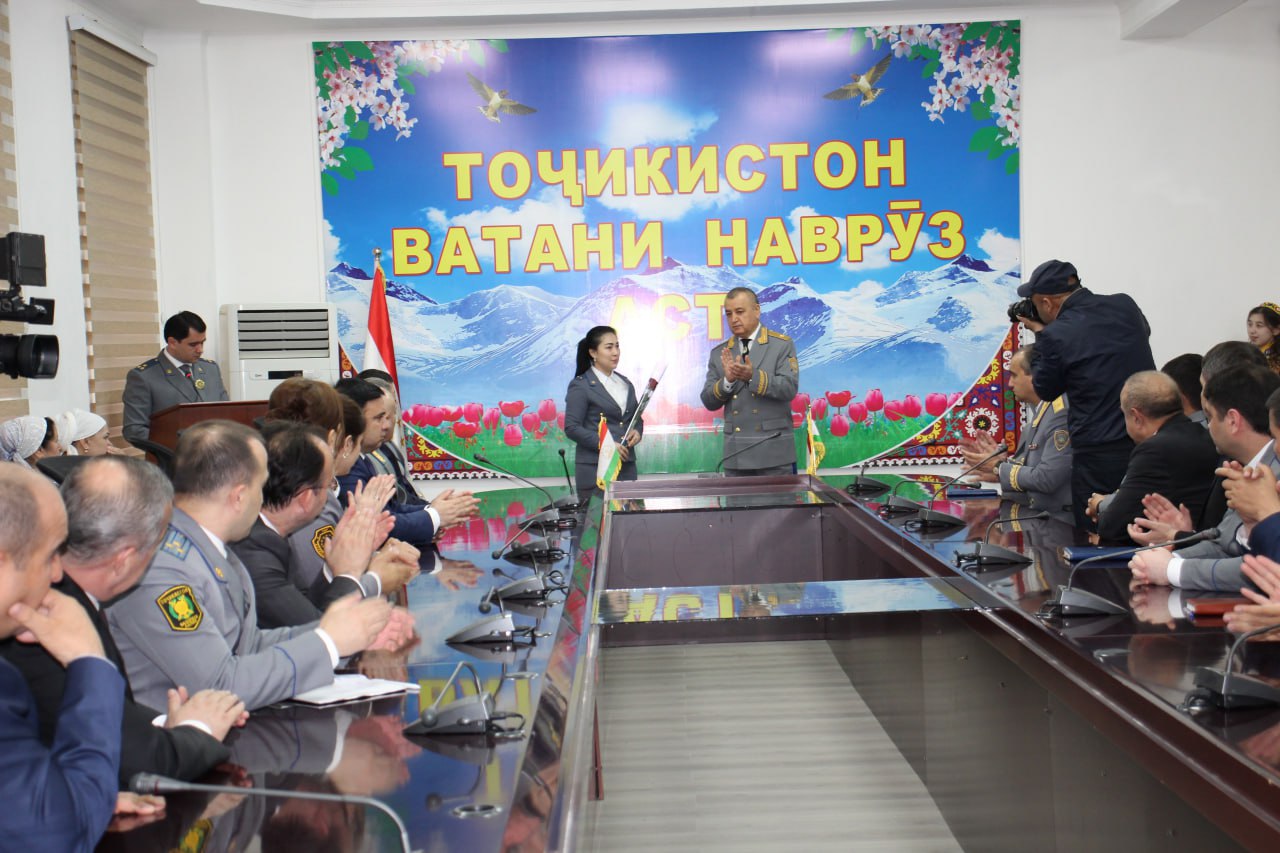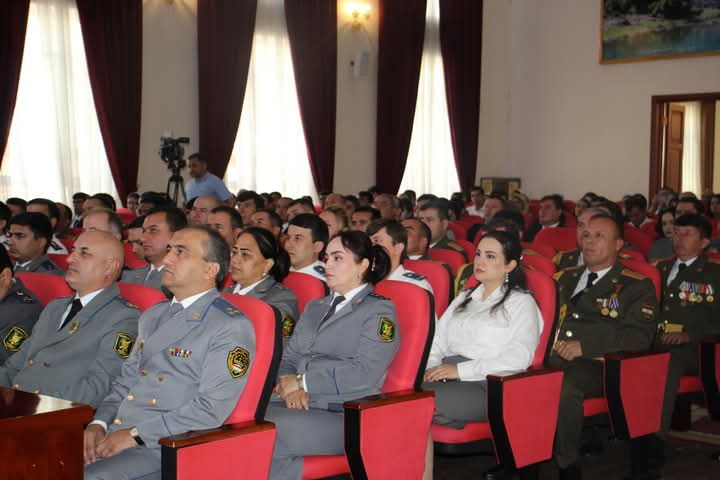Ministry of Justice of the Republic of Tajikistan
The justice authorities carried out significant work to restore justice, ensure the protection of citizens' rights and legal interests, promote legal awareness, and define their place and role in the system of state governance. Before the establishment of the justice authorities and the conquest of Central Asia by the Russian Empire, the functions of the justice authorities and judicial powers were entrusted to individual officials, such as cossacks, kushbeks, hereditary rulers, beks, and landowners, who primarily administered "justice" in criminal cases. The protection of prisons was entrusted to special judges who supervised the prisoners. At the same time, according to eyewitnesses, they did not act according to state laws but rather followed Sharia law, determining guilt based on its provisions and witness testimony.
During the Soviet era, in 1924, the People's Commissariat of Justice of the Tajik Autonomous Soviet Socialist Republic was established. By the decree of the People's Commissariat of Justice of Tajikistan dated February 12, 1925, specific tasks were assigned to it, which can be conditionally divided into two major groups: a) organizational tasks; b) tasks related to the management of state affairs. The first group included tasks such as leading the justice authorities, organizing, instructing, and inspecting the judicial-investigative institutions of Tajikistan, including the country's Supreme Court. The second group involved explaining the laws concerning the legislation of the USSR and the Tajik Soviet Socialist Republic to the bodies of state power and republican institutions, and providing legal conclusions.
Since the prosecutor's office was initially subordinate to the justice authorities, the People's Commissar of Justice was also recognized as the prosecutor of the republic during certain periods. The People's Commissars of Justice, as prosecutors of the republic, monitored the uniform application of the law within their authority and ensured its implementation. One of their main tasks in the functioning of the Soviet power system in Tajikistan was to ensure the law and strengthen it. To achieve this, the People's Commissar of Justice-prosecutor in the republic worked in two main directions: organizing the reception of complaints and petitions from citizens on a wide scale; he was one of those who made decisions and orders accepted by the state authorities.
As a result of the fruitful activities of the People's Commissariat of Justice, a series of reforms were carried out in the organization and functioning of the judicial authorities. In 1925-26, people's courts, district courts, and the Tajik branch of the Supreme Court of the Uzbek Soviet Socialist Republic were established in the territory of Tajikistan. The Tajik branch of the Supreme Court of the Uzbek SSR operated in Tajikistan until 1927, after which the Supreme Court of Tajikistan was established based on it.
On June 7, 1925, by the decision of the Revolutionary Committee of Tajikistan, interdepartmental courses for training personnel in administrative and judicial departments were established. The People's Commissariat of Justice of the Tajik Soviet Socialist Republic was, in fact, a multifaceted legal body that consolidated the powers of several institutions. One of its key functions, according to the regulations approved by the Revolutionary Committee of Tajikistan on May 6, 1925, was participating in the legal support of the country’s legislative activities.
On June 20, 1933, by the decision of the Revolutionary Committee and the Council of People's Commissars of Tajikistan, the prosecutor's office was separated from the People's Commissariat of Justice, and an independent state prosecutor's office was established, which was a continuation of the judicial reform during the establishment of the Tajik Soviet Socialist Republic. With the establishment of the Prosecutor's Office of the Republic of Tajikistan, the responsibility for overseeing the implementation of the law was assigned to it, and these duties were previously held by the People's Commissar of Justice.
In 1946, by the decision of the Council of Ministers of Tajikistan, the People's Commissariat of Justice of Tajikistan was transformed into the Ministry of Justice of Tajikistan. This allowed for a clearer and more specific delineation of its powers and responsibilities and aligned its activities with the functions of state bodies. The Ministry of Justice of Tajikistan operated at this level until 1958. On November 24, 1958, the Council of Ministers of Tajikistan decided to abolish the Ministry of Justice of Tajikistan and establish a Legal Commission under the Council of Ministers. After this, most of the functions previously performed by the Ministry of Justice of Tajikistan were transferred to the Supreme Court of Tajikistan.
Address: Republic of Tajikistan, 734025, Dushanbe, Rudaki Street 25
Phone: (+992 37) 221-44-05 Reception
Phone: (+992 37) 221-43-51 General Department
Fax: (+992 37) 221-80-66
Email: info@minjust.tj




